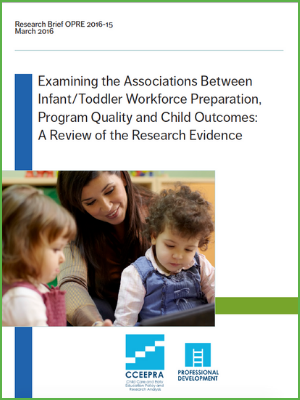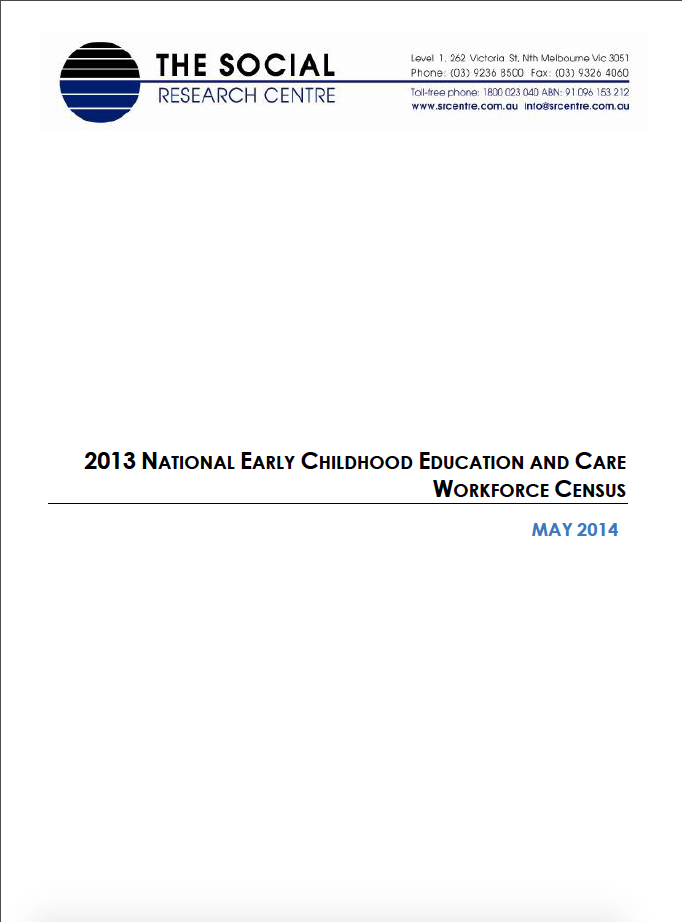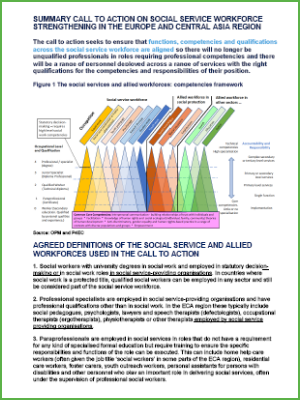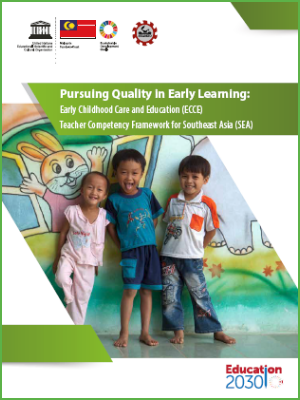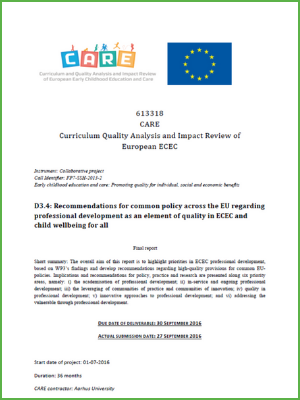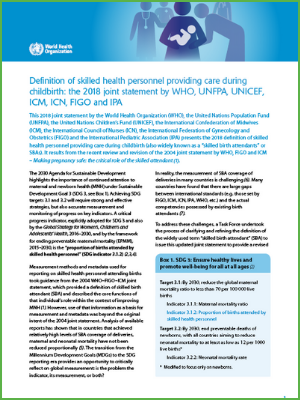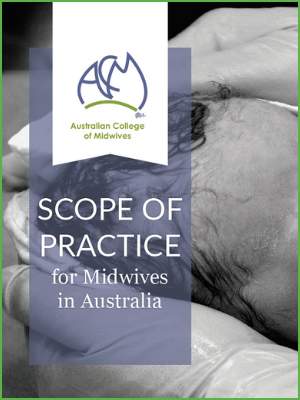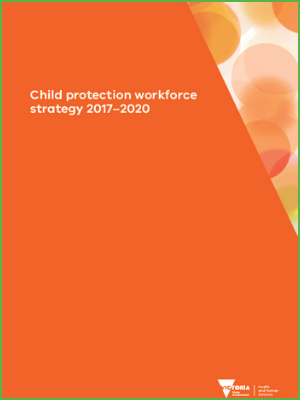ISSA’s Quality Framework for Early Childhood Practice in Services for Children under Three Years of Age
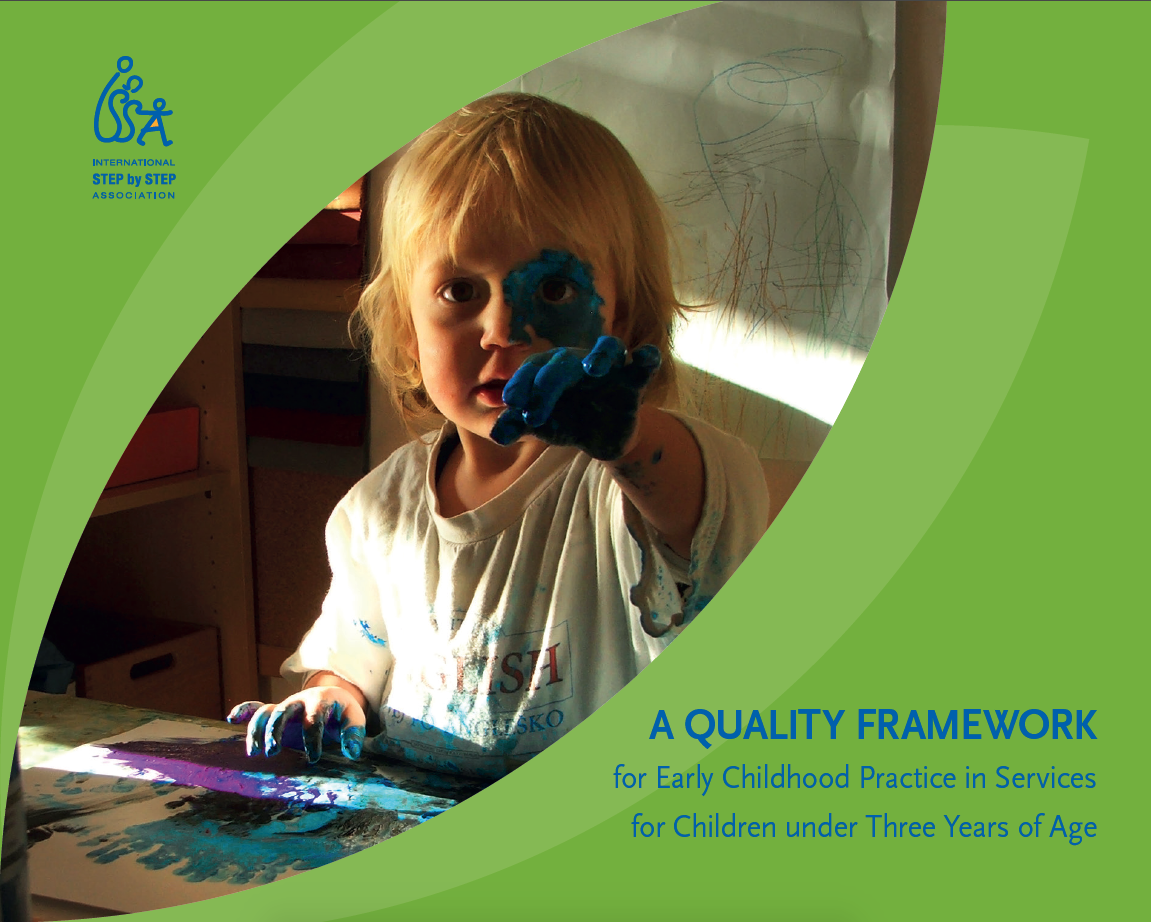
ISSA’s Quality Framework for Early Childhood Practice in Services for Children under Three Years of Age is grounded in the Convention on the Rights of the Child and stands for the centrality of the child and family in conceptualizing, designing and implementing programs dedicated to this age group, no matter the type of service, program, or sector.
It comprises 31 principles and 143 recommended practices, grouped around 9 Focus Areas, thus covering the complexity of the practices and responsibilities that binds all professionals working in early childhood services.
Through this framework, ISSA launches an invitation for dialogue and joint action among practitioners, managers, policy- and decision-makers, program coordinators, trainers/mentors from all sectors and institutions active in early childhood systems, so they may develop an articulated vision and a shared understanding around quality practices impacting the lives of the youngest children.


